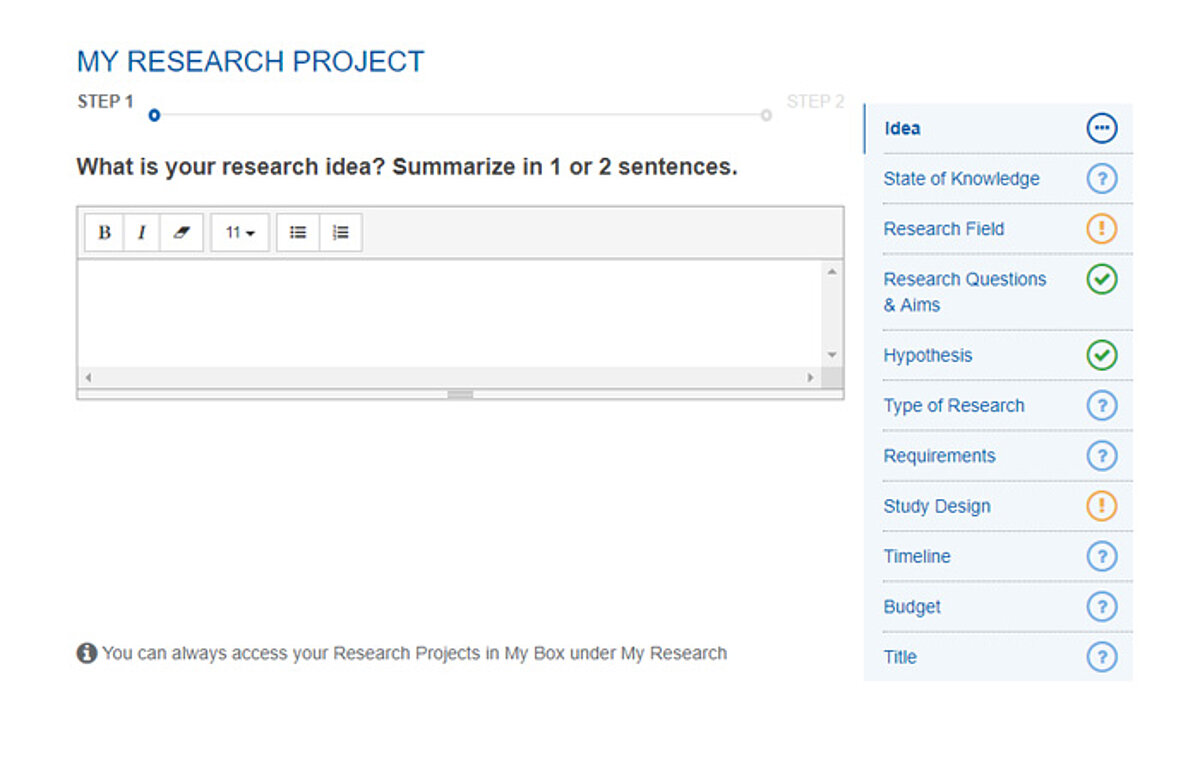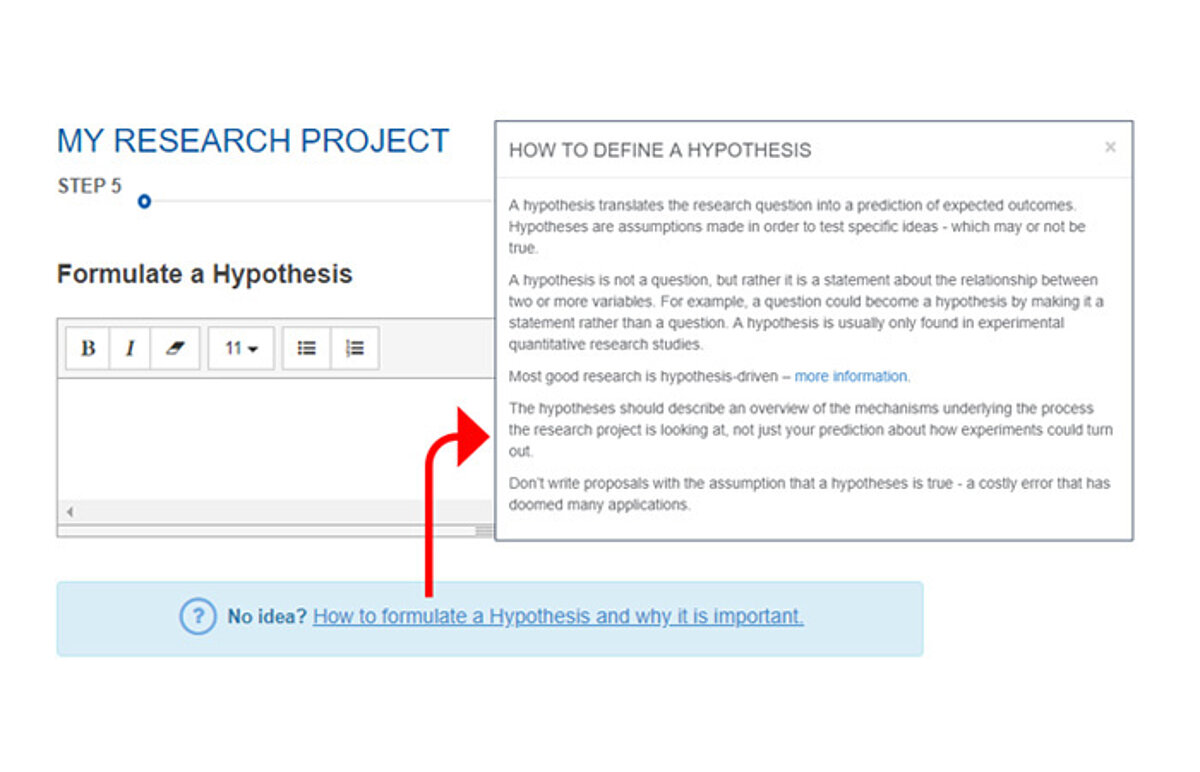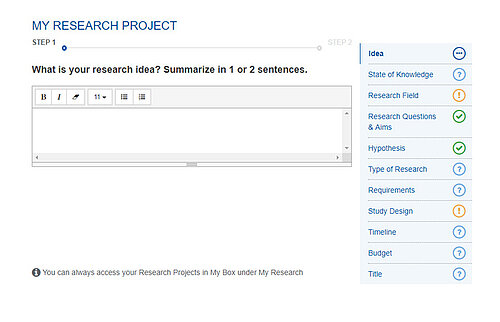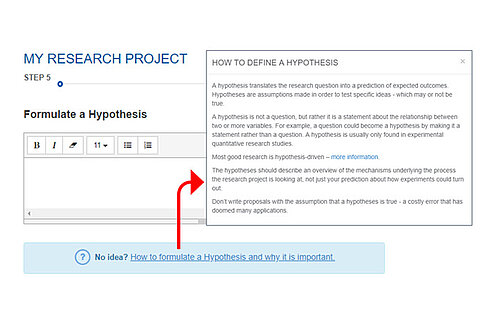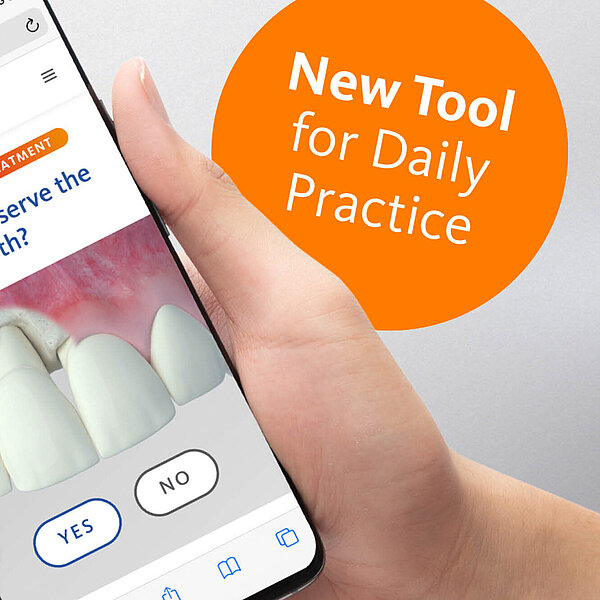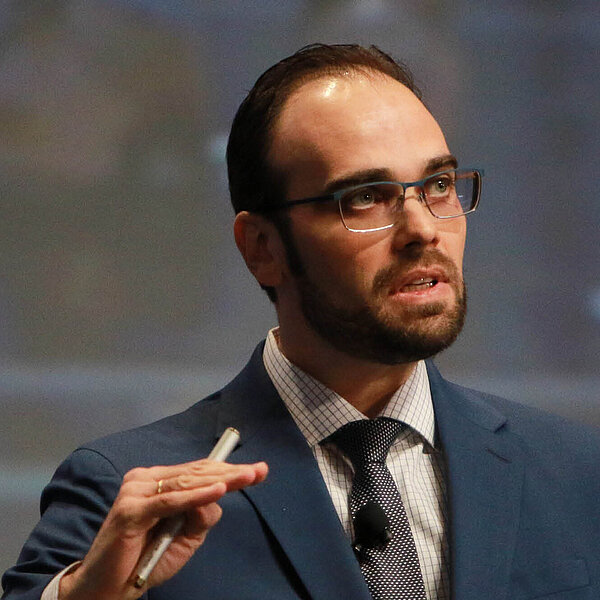
“Feedback from students has been tremendously positive”
The Osteology Foundation offers digital planning tools for researchers on its community platform THE BOX. The “Biostatistics Wizard” and the “Research Wizard” are set to ease the planning of research projects. We discussed the tools with Dr. Claudio Mendes Pannuti, Associate Professor at the University of São Paulo, Brazil.
Dr. Pannuti, you are the mastermind behind the new “Biostatistic Wizard” on Osteology’s community platform THE BOX. Was math your “hobby horse” from early on?
Claudio Mendes Pannuti: No, I did not like math during school time, and I wasn´t particularly good at it. It wasn´t until my postgraduate studies that I had my first contact with biostatistics. I started in bench sciences, and then I migrated to clinical research, which requires extra knowledge in statistics and epidemiology. So, I enrolled in a biostatistics course at the Public Health School of the University of São Paulo. After that, I realized that I needed more knowledge. I enrolled in other courses, took private classes, online courses, and started to dive deeper into biostatistics.
Meanwhile you lecture in biostatistics for the Osteology Research Academy in Rio de Janeiro and in Lucerne. How would you describe the typical fear of statistics? Is there a lack of statistical knowledge? Or is it rather an unwillingness to deal with this subject?
Claudio Mendes Pannuti: Both. Most students and researchers recognise the importance of biostatistics. Yet most of them consider it a difficult subject. The use of mathematical formulas can be dry and boring. But as a teacher it is possible to add fun to statistics and make it interesting. Especially if it is taught in the context of clinical problems, or any context the students know well.
How can this new “Biostatistics Wizard” help researchers?
Claudio Mendes Pannuti: The Biostatistics Wizard is an online tool in which you enter information about your research project step by step— for example research question, study design, number of groups and outcome variables. Often you can just click a box or use examples. Then the tool helps you determine the best statistical tests for this project.
The goal is to help find out which test is appropriate for each project. But an online tool certainly cannot replace basic knowledge of statistics and study design.
Do you recommend this tool to your students?
Claudio Mendes Pannuti: Always. I use it in classes and lectures. Feedback from students has been tremendously positive.
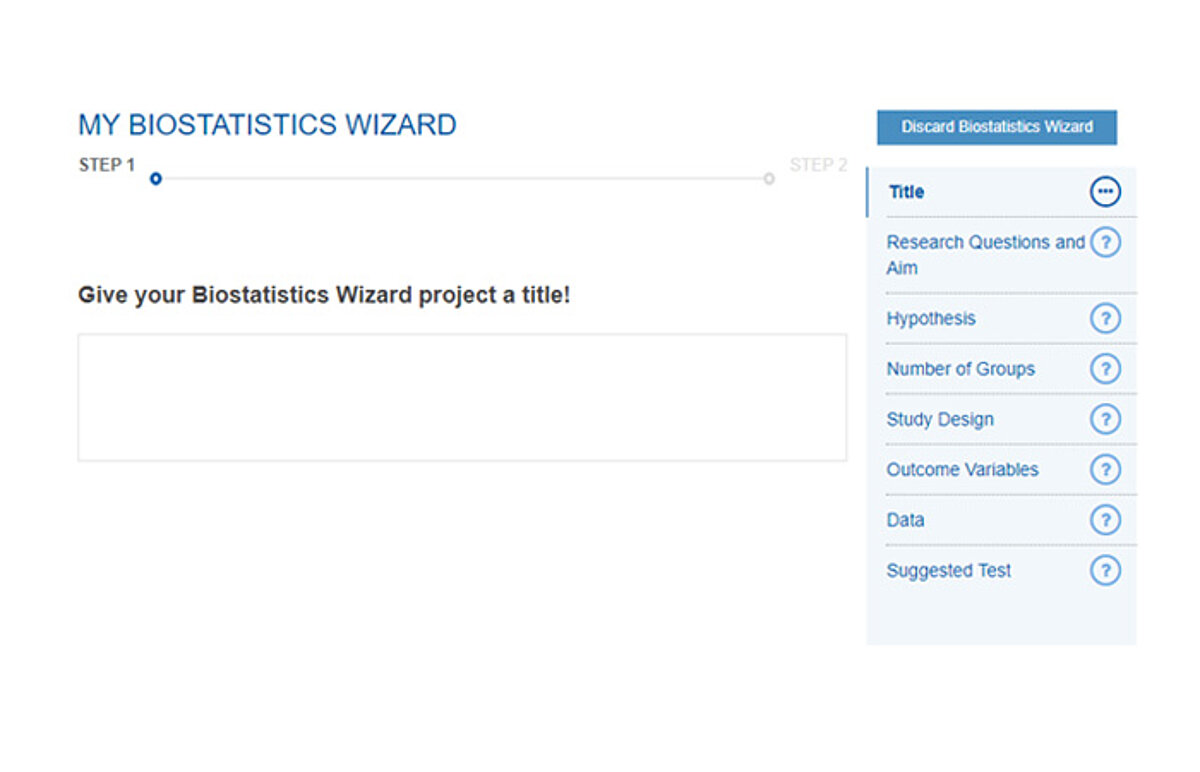
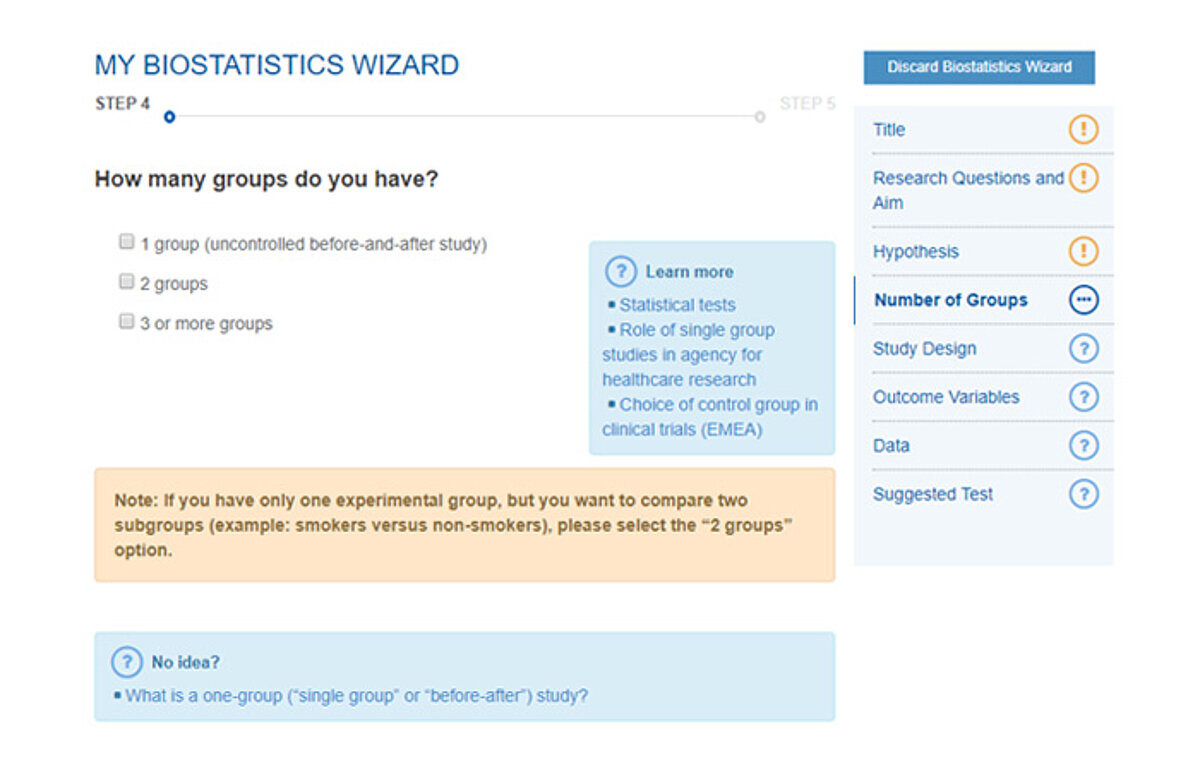
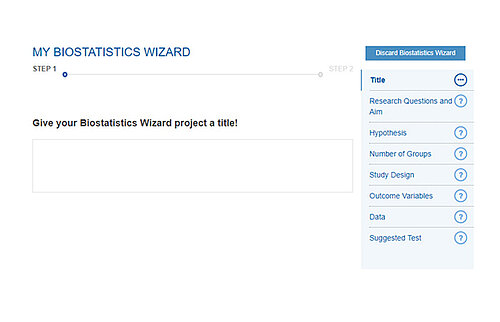
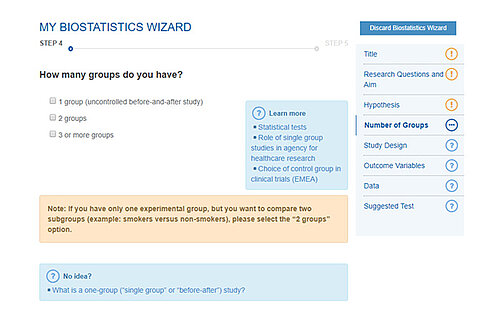
The second new tool is called "Research Wizard". What can it do for researchers?
Claudio Mendes Pannuti: It helps in the main organization of the protocol. It is a very helpful check-list. Further, it has links to more information about each topic. So it also serves as an educational tool.
How would you describe the target group of the “Research Wizard”? Inexperienced researchers or students? Or also qualified scientists?
Claudio Mendes Pannuti: Both. But of course, there is more benefit to inexperienced researchers.
Do you use it for your own planning, too?
Claudio Mendes Pannuti: Yes. I just used it when I applied for an Osteology Research Grant.
Last question. How would you continue this sentence? “I can recommend you trying these new tools because they will…”
Claudio Mendes Pannuti: … help you organize your research project and choose the appropriate statistical test.
